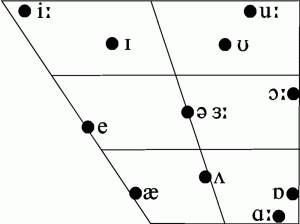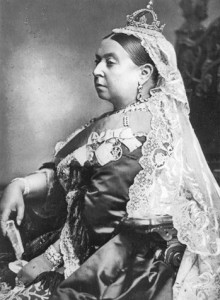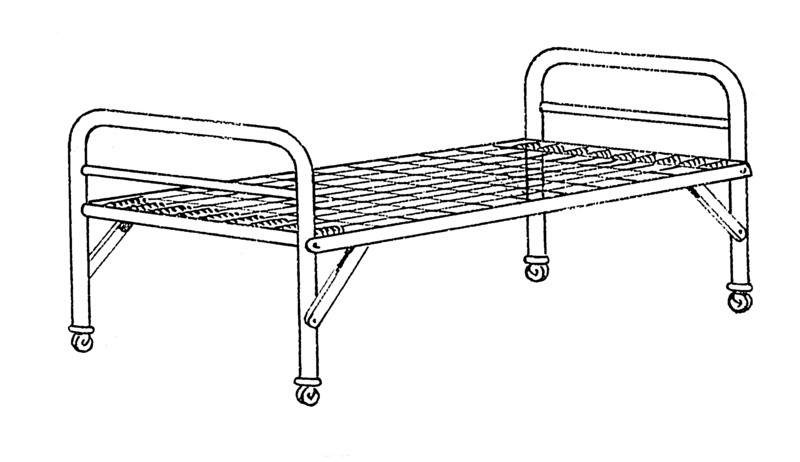
Vowel Chart for Received Pronunciation. The short-a vowel is the /æ/ vowel, while the broad-a is the /ɑ:/ vowel (Wikimedia)
[Update: I made a few slight revisions to this post based on feedback.]
(NOTE: This post uses the International Phonetic Alphabet (IPA). For information about the IPA, please visit my page of IPA Resources.)
What is the #1 thing American actors screw up doing British accents? Four little words: The Trap-Bath Split.
Let me explain. In most American accents, we pronounce trap, cat, and bad with roughly the same vowel as ask, can’t and laugh. This is what we refer to as the short-a sound.
In many British accents, however, these are two separate vowels: the first group of words (i.e. trap) are pronounced with a short-a, (IPA æ) as in America ; but the second group (i.e. bath) is pronounced with a broad-a, IPA ɑ: (i.e. “ah“). Hence the Trap-Bath Split.
To put it in crudely, Americans would say The cat took a bath so that cat and bath are pronounced with the same vowel. For many British people, however, only cat would be pronounced with this vowel; bath is pronounced with the same broad-a vowel as father or palm.
This is tricky for Americans to master. There are no easy rules for which words fall into these two categories. For example, the word chant is pronounced with broad-a in Standard British English (IPA ɑ: or chahnt), but the word ant is pronounced with the short-a.
That is why I have watched many great American actors do flawless British accents until they they let loose an American pronunciation of last or can’t. Ouch.
So, American actor, how can you avoid being a victim of the Trap-Bath Split? Well, first things first, make sure the dialect you are doing actually has the split.
A number of British accents, contrary to popular belief, do not feature the split. And furthermore, the split is used in accents outside the United Kingdom. For handy reference, then, this is a list of accents with the split and those without:
Accents with the Trap-Bath Split:
- Received Pronunciation (Standard British)
- Cockney/London English
- Australian English*
- New Zealand English
- South African English
- Old-fashioned New England Accent (Down East)
Accents without the Trap-Bath Split:
- Nearly all American and Canadian Accents
- Scottish English
- Northern English Accents
- Carribean English (usually)
To make matters more confusing, there are some dialect regions where it’s mixed. Some speakers have the split in these places, some don’t. I would say these are:
- Midlands English (Birmingham, etc.)
- Welsh English
- Irish English (depending on many factors)
- Boston English (still a feature in some very working-class dialects)
My rule of thumb? If you’re playing a character who speaks with Received Pronunciation or of a character from the London area, always use the split. With pretty much any other region in England, do research that is as specific as possible. It can really vary in this day and age.
When you have confirmed that your character indeed has a Trap-Bath Split accent, such as Standard British (RP) or Cockney, here are a few pointers:
1.) Understand which words generally fall into the Bath category. Here are the types of words that usually are pronounced with this broad-a:
- -aff: staff, chaff, etc.
- -aft: daft, after, draft, etc.
- -alf: half, calf, etc.
- -ample: example, sample, etc.
- -ance: dance, lance, etc.
- -anch: ranch, branch, etc.
- -ans: answer, etc.
- -ant: can’t, chant, advantage, etc.
- -aph: graph, etc.
- -as or -ass: ask, trespass, grass, etc
- -ath: bath, path, etc.
- -augh: laugh, etc.
- -aunt: aunt, etc.
Again, there are many individual exceptions to the list above. The important thing is to know where the broad-a tends to appear in British English, not to memorize every single word that is pronounced like this.
2.) If you’re having trouble mastering the split, circle every instance in your script where these kinds of words appear.
3.) Get your hands on a copy of the Longman Pronunciation Dictionary. This is an indispensable volume of British and American pronunciations edited by British linguist John C. Wells. For trap-bath words, it clearly marks whether British English pronounces these words with a æ (trap) or ɑ: (bath). (You can also use dictionary.com, but I prefer the Pronunciation Dictionary because it’s portable, back up by decades of research, and more complete in general).
On a side note, you may be wondering where, exactly, this split comes from? And why do Americans not have the split? Unfortunately, I have no clue. The split seems to have fully developed in Southern England some time in the early 19th-century or thereabouts. That explains why Americans don’t have it: most British immigration had dried up by the time it emerged**. But like a lot of phonological changes, there is unlikely to be a clear, logical explanation.
Trust me, I know it’s hard. As an actor, I still looked up trap-bath words long after I had mastered all the minutiae of certain accents. The rules are so illogical that it requires constant refresher courses.
The bottom line is, the Trap-Bath Split is one of the biggest Achilles heels in learning RP or similar British accents. Without mastering it, it is a dead giveaway that an actor isn’t a Brit!
*As a commenter kindly pointed out, the split is somewhat incomplete in Australia. I would say it’s widespread enough, however, that you can put Oz into the split category.
**Actually, the split began to occur before this. It began with certain vowels being “lengthened” and it was only later that these vowels become the “long-a”. For what it’s worth, it is often suggested that the “tense-lax” split in New York City is a relative of the Trap-Bath split (But that’s a post for another day).








